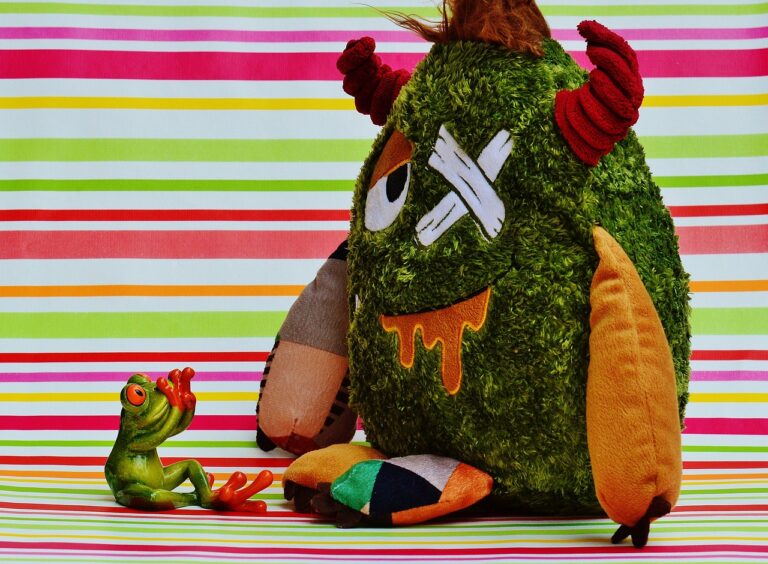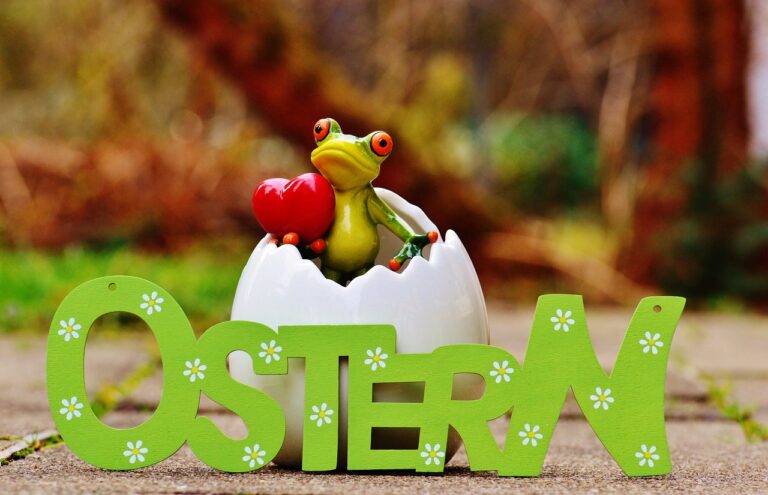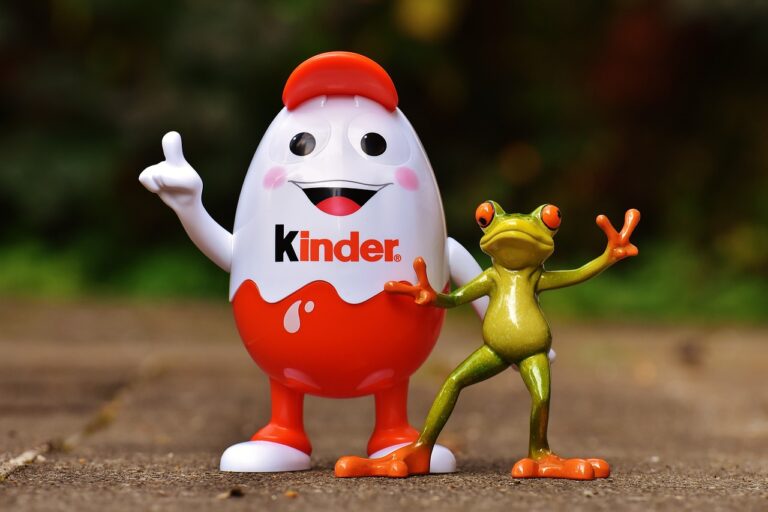The Psychology of Comedy: Why Do We Laugh?
Humor has been an integral part of human interaction since the dawn of time. From simple gestures to elaborate jokes, the essence of humor has always been to entertain and connect with others on a deeper level. It is a universal language that transcends cultural differences and brings people together through shared laughter.
The roots of humor can be traced back to early human civilizations, where storytelling and witty banter were used to entertain and engage audiences. Through the ages, humor has evolved and adapted to reflect the changing social dynamics of society. Today, humor continues to play a vital role in shaping our communication skills and fostering bonds between individuals.
• Humor has been a fundamental aspect of human interaction for centuries
• It serves as a means to entertain and connect with others
• Humor is a universal language that bridges cultural gaps through shared laughter
• Early civilizations used storytelling and witty banter to engage audiences
• Over time, humor has evolved to reflect changing social dynamics
• Today, humor plays a crucial role in shaping communication skills and building relationships between people
The Role of Timing in Comedy
Timing in comedy is an art form that can make or break a joke. The delivery of a punchline at just the right moment can have audiences erupting with laughter, while mistiming it can fall flat. This delicate balance is what sets apart skilled comedians from amateurs.
The secret to successful comedic timing lies in building anticipation and then releasing it at the precise moment for maximum impact. It requires an intuitive understanding of pacing and rhythm, allowing the comedian to create tension and then release it with the punchline. When done correctly, the comedic effect is heightened, leaving the audience in stitches.
The Importance of Relatability in Jokes
When it comes to crafting jokes that resonate with an audience, relatability is key. A joke that touches upon shared experiences or common situations has a higher chance of eliciting laughs from a diverse group of people. This connection formed through relatability helps bridge the gap between the joke-teller and the audience, creating a sense of unity and understanding.
By incorporating relatable elements into jokes, comedians are able to tap into universal truths and experiences that everyone can understand and appreciate. Whether it’s poking fun at everyday occurrences or highlighting quirky habits that many can relate to, relatability adds a layer of familiarity that allows jokes to hit home with listeners. As a result, jokes that are relatable often have a broader appeal and are more likely to strike a chord with a wide range of individuals.
What makes a joke relatable?
A joke is considered relatable when it resonates with the experiences, emotions, or situations that are familiar to the audience.
Why is relatability important in jokes?
Relatability is important in jokes because it helps establish a connection with the audience, making them more likely to find the joke funny and engaging.
Can jokes still be funny if they are not relatable?
Yes, jokes can still be funny even if they are not relatable. However, jokes that are relatable tend to have a higher chance of resonating with a larger audience.
How can comedians make their jokes more relatable?
Comedians can make their jokes more relatable by incorporating common experiences, emotions, or situations that the audience can easily relate to.
Is relatability the only factor that determines the success of a joke?
No, relatability is just one of many factors that contribute to the success of a joke. Other factors, such as timing, delivery, and originality, also play a crucial role in making a joke successful.







